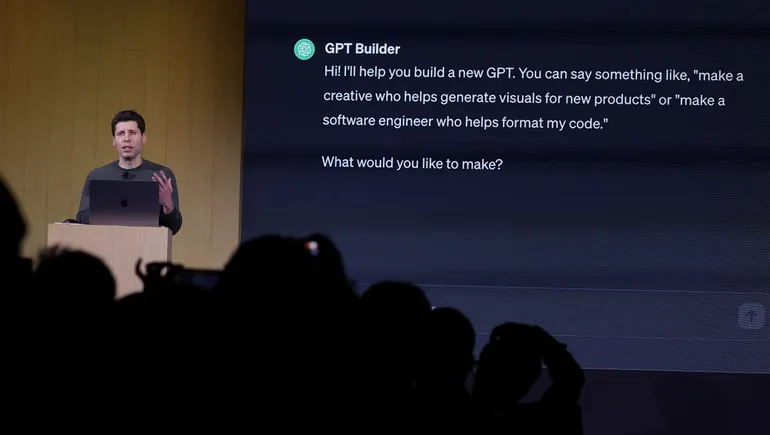The percentage of Americans using artificial intelligence tools at work has increased from 8% in 2023 to 35% by the end of 2024, according to a March 27 report from Jobs for the Future.
However, only 31% of workers said their employer provides AI training, the report found. Those who are currently enrolled in education or training were more likely to use AI, with 59% of enrolled learners reporting at least weekly use.
“AI should make us all better off by creating quality jobs, pathways to entrepreneurship, sustainable livelihoods and opportunities to unleash human agency and potential,” Kristina Francis, executive director at JFFLabs, said in a statement. “With AI already transforming the future of work and learning, access to training, tools and the opportunity to help this technology are more critical than ever — and we risk widening divides if we don’t act now.”
In the survey of more than 2,750 Americans, 57% reported feeling “some” or “a great deal” of impact from AI on their jobs, particularly by reducing manual work and automating repetitive or routine tasks. At the same time, 56% said they still don’t feel prepared to use AI at work.
The potential impact of AI in the workplace is also beginning to influence workers’ career plans and skill development needs, the report found. About 77% said they believe AI will affect the job or career they expect to have in the next 3-5 years, and 53% said they feel the need to gain new skills due to AI in the next 5 years.
The need for skill development was felt even more acutely by some workers, with 70% of respondents of color and 56% of respondents with records saying they needed to upskill. As a result, 19% of all workers — and 30% of workers of color — said they’re either actively pursuing a different career or thinking about changing plans soon due to AI-driven transformation.
As more companies embrace and implement AI, most employees say they feel left behind, according to the American Management Association. Workers said they want more AI training, as well as soft skills development to help them apply AI effectively, including in skills like problem solving, analytical skills and critical thinking.
But several barriers may get in the way of AI training, such as speed of delivery, according to a TalentLMS report. Workers said they believe AI tools are developing faster than their company’s ability to train them, and they need clearer guidelines and better engagement around AI use and training at work, the report found.
The growing AI talent gap is also weighing down enterprise adoption plans, according to Accenture data. Despite C-suite concerns, though, most workers expressed confidence about developing the skills their organization needs through reskilling and upskilling efforts.






Leave a Reply